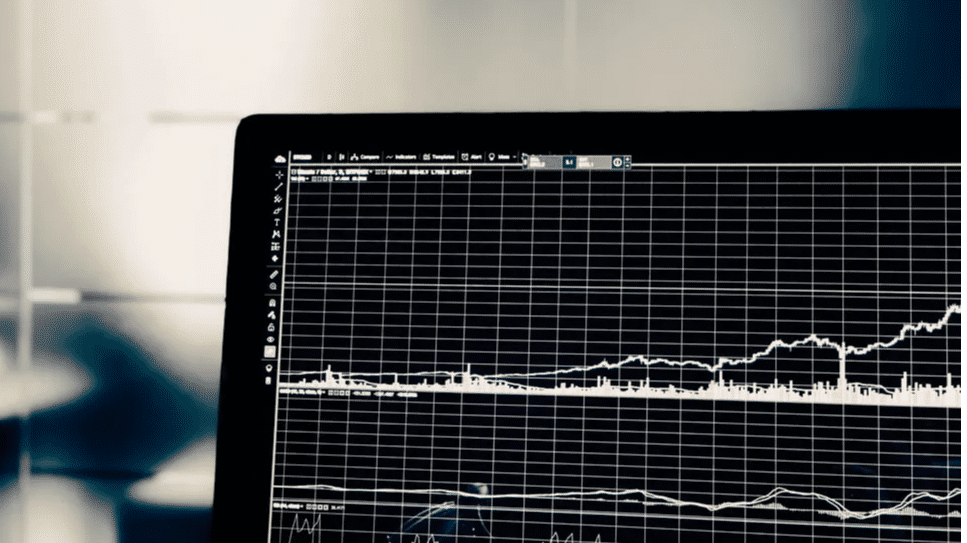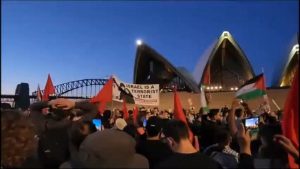The Reserve Bank of Australia (RBA) hiked key interest rates by less than expected 25 basis points on Tuesday, attempting to strike a balance between combatting inflation and avoiding economic headwinds from a consistent rise in lending rates this year.
Also Read| Why interest rates are being hiked globally?
The bank increased its cash target rate by 25 basis points (bps) to 2.6%, a nine-year high. It also increased the interest rate on Exchange Settlement balances by 25 basis points to 2.50%. Analysts predicted a rate increase of at least 50 basis points.
Also Read| RBI hikes repo rate by 50 basis points to 5.90%
The Australian dollar responded unfavourably to the decision, extending its losses to $0.6468, down 0.8%. The currency, like most of its foreign rivals, is under pressure from increasing US interest rates, which have pushed up the value of the greenback.
Also Read| Bank of England hikes key interest rate despite looming recession threat
Despite the smaller-than-expected increase, the RBA stated that it intends to continue hiking interest rates this year, citing inflation that is far above its target range.
RBA Governor Philip Lowe stated in a statement that inflation is projected to climb in the coming months and conclude the year at around 7.75%.
Also Read| Is it better to invest in real estate during surging inflation?
“Medium-term inflation expectations remain well anchored, and it is important that this remains the case,” Lowe said.
“The Board’s priority is to return inflation to the 2–3% range over time. It is seeking to do this while keeping the economy on an even keel. The path to achieving this balance is a narrow one and it is clouded in uncertainty,” he added.
Also Read| US Federal Reserve interest rates from 1980s to the present: A timeline
Lowe voiced concern about the impact of rising inflation and interest rates on household consumption and consumer confidence, despite the fact that expenditure has remained buoyant due to a tight labour market.
In Australia, headline inflation climbed 6.1% year on year in the June quarter, the fastest rate in more than two decades. The amount is much higher than the RBA’s yearly inflation target range of 2% to 3%, and it is projected to remain high for the rest of the year.
Also Read| How Paul Volcker tamed inflation with two recessions in 1980s
As a result of global commodities market disruptions, the country is grappling with rising food and fuel imports. The labour market’s strength has also kept spending stable, raising inflation.







